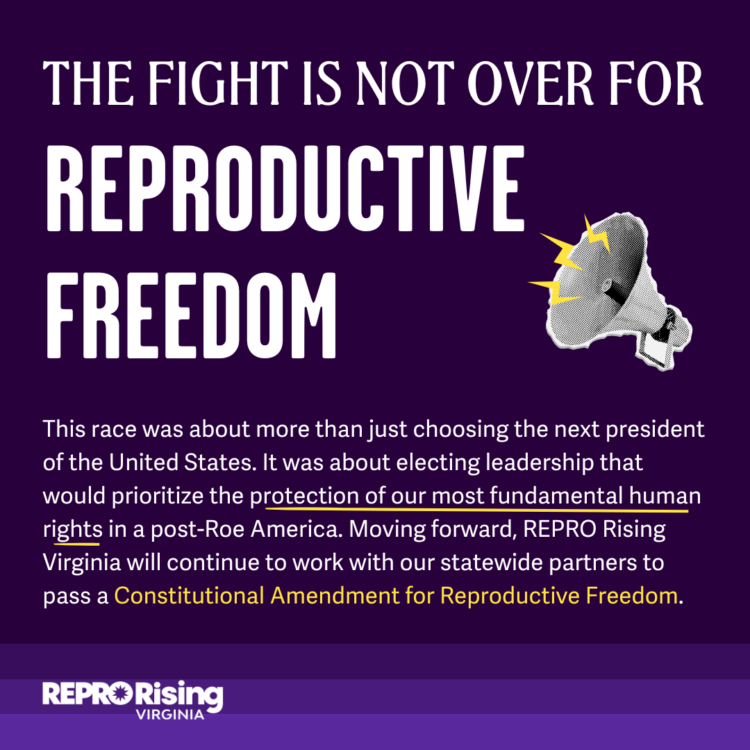Supreme Court Dismisses EMTALA Case, Sending the Status of Access to Abortion Care Back to the States
SCOTUS Opinion
Today, the U.S. Supreme Court has dismissed the case of Moyle v. United States (EMTALA). The U.S. Supreme Court had could have used this moment to ensure that the federal EMTALA law protects the right to abortion in an emergency in across the country, but they chose not to. This case should not have made it this far in the first place.
This case was part of a strategic attack led by anti-abortion politicians who are determined to restrict reproductive rights and ban abortion care which is extremely detrimental to pregnant people. The case was about allowing hospitals to refuse emergency abortion care, which poses serious risks to public health and worsens already existing healthcare inequalities.
“Access to emergency healthcare should never be politicized or questioned and should have never made it to the U.S. Supreme Court. The only logical outcome that the Court could have made is the decision to uphold people’s right to reproductive healthcare even if that healthcare involves abortion. We can’t say it enough – abortion is healthcare. And now the fight is back to the states. The majority of Americans want their right to control their bodies, lives and futures. We’ve seen the proof time and time again. This decision does not mean we’ve won the battle. We must remain dedicated to fighting against the ongoing attacks targeted at restricting and banning abortion access. We will continue to staunchly oppose any attempts to restrict access to critical healthcare, as we always have. Everyone deserves access to the healthcare they need. Period,” says Tarina Keene, executive director of RERPO Rising Virginia.
REPRO Rising Virginia is dedicated to protecting and expanding access to abortion care in the Commonwealth of Virginia. Through advocacy, education, and community engagement, we work to ensure that all individuals have the freedom and autonomy to make their own reproductive decisions
Related Posts
REPRO Rising Virginia Rejects Governor Youngkin’s Gutting of Commonsense Birth Control Bills
REPRO Rising Virginia calls on lawmakers to reject the Governor’s substitutes and remain steadfast in protecting reproductive freedom for all Virginians.

REPRO Rising Virginia Celebrates Victories in Key Special Elections, Securing Path Forward for Reproductive Freedom

REPRO Rising Virginia Congratulates Vice President Kamala Harris on Historic Campaign